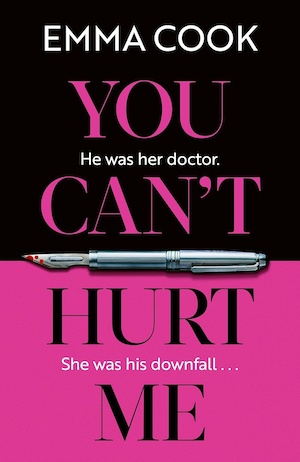An outrageous and shocking terrorist act which kills more than 1400 people, mostly school children, drives this satirical sci-fi crime crossover. David Musgrave’s genre-bending novel Lambda successfully blends the hunt for the bombers and the indiscriminate, or at least unfocused, desire for retribution. By raising contemporary issues he gives us a reflection on modern Britain’s polarised society. It’s also a bold and original take on our anxieties portrayed in a near future alternative world.
The setting is a near future London in which humans coexist with another race, the Lambda. They are genetically human, but they are also an aquatic people, alien in appearance. The Lambda are believed to have come across the Atlantic from an origin point in the Labrador Sea. In theory they are welcome but are made to be second class citizens with poor housing, poorly paid jobs, and live in damp squalid basements. They are infertile but keep arriving by sea. As their numbers grow, so does the tension.
Machines are sentient in this world. Everything from a simple toothbrush is legally alive, coexisting with people and Lambdas. A quantum computer decides on matters of life and death. The bombing leads to questions about what computers understand of human motivation and the context of events. The allusions to our current problems around immigration and ingrained racism are apparent, as are the reflections on the uncertainly of the modern world and fear that artificial intelligence will leave us behind.
Cara Gray has dreams of studying English at university, until her time at Fowlmere activist camp and her father going missing knock her off course. She joins the police force and gets a job surveilling the Lambda community. Cara is blamed when the bomb goes off, but where does the fault really lie – with her superiors, with the machines? She is demoted to Lambda liaison. An extremist Lambda group has claimed credit for the bombing.
When she meets Lambda leader Gavin Knight-Green she is drawn to him. Cara’s view of society and its rules and divisions is changing. Who really set the bomb and what was their motive? Was it to strike out for a downtrodden minority or to increase the divisions in society? Cara’s relationship with the Lambda breaks barriers and rules. This is a world where everything is quantified. Numbers and probabilities determine decisions but Cara is increasingly disillusioned.
A terrible act of terrorism is often the opening of a high octane thriller and the characters can be one dimensional as long as the story is fast and hard. The focus is on catching the bad guys and the fun that can be had along the way. However, Lambda also looks at the deep rooted causes of the bombing by exploring character and the desire to label the Lambda community as complicit with the actions of a few.
This is a literary thriller and David Musgrave experiments with language. It’s not an easy read initially because of the world building, although the setting is clearly London in another guise. It soon settles into the familiar though.
While the main themes are relevant and urgent there are perhaps too many themes to fully grapple with. Still, this is brave and there’s plenty to ponder. There’s a fine line between storytelling and message and Lambda stays the right side of that. Every once in a while you need to recharge your reading batteries with something original and out of your comfort zone – Lambda is unlike anything you’ve read before.
The author is also a contemporary artist who has exhibited at The Tate.
Europa Editions
Print/Kindle
£7.47
CFL Rating: 4 Stars







